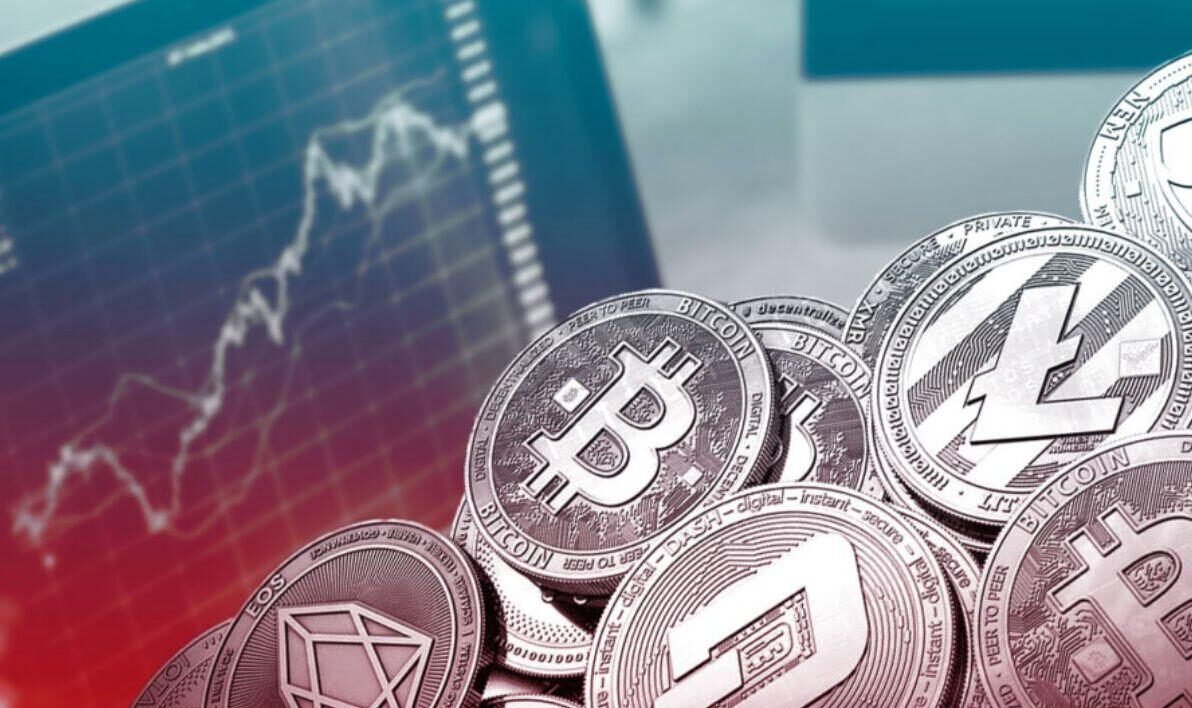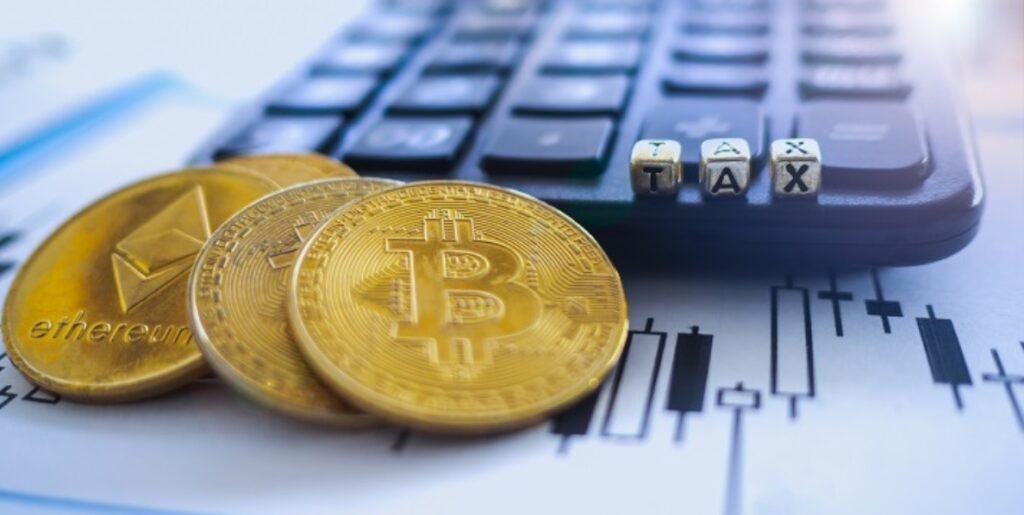An eye-watering 78% tax penalty on gains from the peer-to-peer (P2P) Cryptocurrency Market. The transaction has been imposed on a bitcoin dealer in India, a cryptocurrency tax. The drastic and hitherto unheard-of step. The larger crypto world has taken notice of this case, which also emphasizes India’s growing examination of the bitcoin industry. The measures of the Indian government mark a significant change in the taxation of cryptocurrency transactions. They might have broad effects on the ecosystem at large as well as local dealers.
Cryptocurrency Taxation Impact
India’s attitude toward cryptocurrencies has changed quickly within the past few years. Along with a 1% tax Deduction at Source (TDS) for crypto transactions. The Indian government proposed a 30% tax on capital gains from cryptocurrency trading in 2022. These levies caused great uncertainty, even though they provided clarity and openness to the crypto market. The ramifications of these new rules influenced everything from trading volumes to the running expenses of local cryptocurrency exchanges; therefore, many traders were unprepared.

These actions had a broad effect since many traders moved their operations to other venues to evade the strict tax laws. The regulatory load on traders and platforms grew more noticeable as the government descended upon non-compliance. These advancements prepare the ground for even more stringent regulations and compliance initiatives implemented in early 2025.
India Crypto Penalties
The particular instance that attracted notice to India’s implementation of crypto tax laws centers on a person. Over the past years, I have been involved in P2P bitcoin transactions. The dealer neglected to document or reveal gains from these trades. Even though the law specifies how digital assets should be taxed. Subsequently, the authorities looked into it and found significant unreported gains from P2P crypto exchanges.
The merchant paid a penalty of 78% of the undeclared gains under the revised tax structure implemented in 2025. This accounted for a sizable share of their total income. India’s retroactive tax rules. which hold dealers responsible for transactions up to 48 months before the legislative changes. The guide imposed the penalty there. The case highlights the significant financial dangers of non-compliance and sets a standard for handling unreported bitcoin profits.
India’s Crypto Penalties
The fines the crypto dealer paid were a component of more general changes India’s crypto tax legislation underwent in February 2025. These changes included retroactively implementing penalties for unreported income under Section 158B of the Income Tax Act. These restrictions mean dealers must disclose all past crypto transactions—including those performed on P2P exchanges—or pay heavy fines.
Previously, crypto traders had to pay and report taxes on their gains; adding retroactive penalties has given their situation more urgency. The case under investigation has attracted attention to the government’s hostile attitude toward individuals not complying with the new regulations, therefore generating questions on the direction of P2P trade in India.
Bitcoin Tax Penalties
This latest development serves as a crucial reminder for all Indian Bitcoin Surge. Tax avoidance is no longer a choice for individuals engaged in cryptocurrency trading since the government takes a strict approach to market control. Investors now face tremendous pressure to accurately reveal all their transactions, failing which they risk being labeled as traders who have not kept up with the changing regulatory scene.
The application of a 78% penalty has major consequences. The people who participate in P2P transactions have to be extremely careful to follow tax rules, as authorities usually see P2P networks with mistrust. To guarantee their legal compliance, we counsel bitcoin traders to act early.
India’s Crypto Decline
The crypto scene in India has changed in response to more aggressive tax enforcement. Studies reveal that many dealers have shifted their operations to offshore exchanges in response to imposing heavy taxes and penalties. Domestic exchanges have significantly suffered from this change in trading behavior since their general trade volumes have dropped and their liquidity has deteriorated.

Furthermore, the government’s aggressive tax posture has generated market uncertainty, making many potential investors reluctant to enter the field. Once considered a growing center for blockchain and digital asset innovation, India’s cryptocurrency market has slowed down in development. The move to foreign venues also makes it more challenging for tax authorities. The tracking and control transactions complicate their enforcement efforts.
Cryptocurrency Taxation Challenges
The Indian government is adamant about cryptocurrency taxation, even if the crypto community raises increasing questions. Officials contend that the steps are required to guarantee that the crypto market supports the national economy with its due share rather than being used for tax avoidance or money laundering.
The government is supposed to keep improving and refining its regulatory system in the next months. This can entail investigating ways to cut tax rates to keep the industry competitive or clarifying how crypto taxes apply to offshore platforms. The message is clear for now: non-compliance is not an option, and traders must pay great attention to the changing regulatory scene.
Final thoughts
A sobering reminder of the results of neglecting India’s crypto tax regulation. As the government tightens laws, traders must be alert, report their income, and ensure they are totally compliant with all tax laws. How traders and authorities adjust to these evolving rules will determine the direction India’s crypto ecosystem takes; proactive compliance will be essential to negotiate the road ahead.

